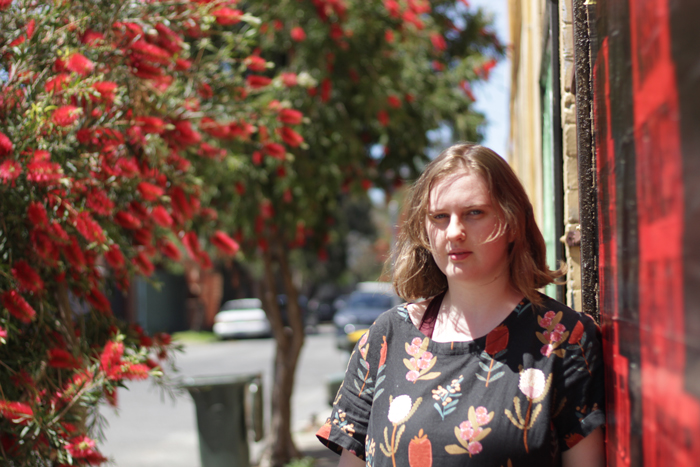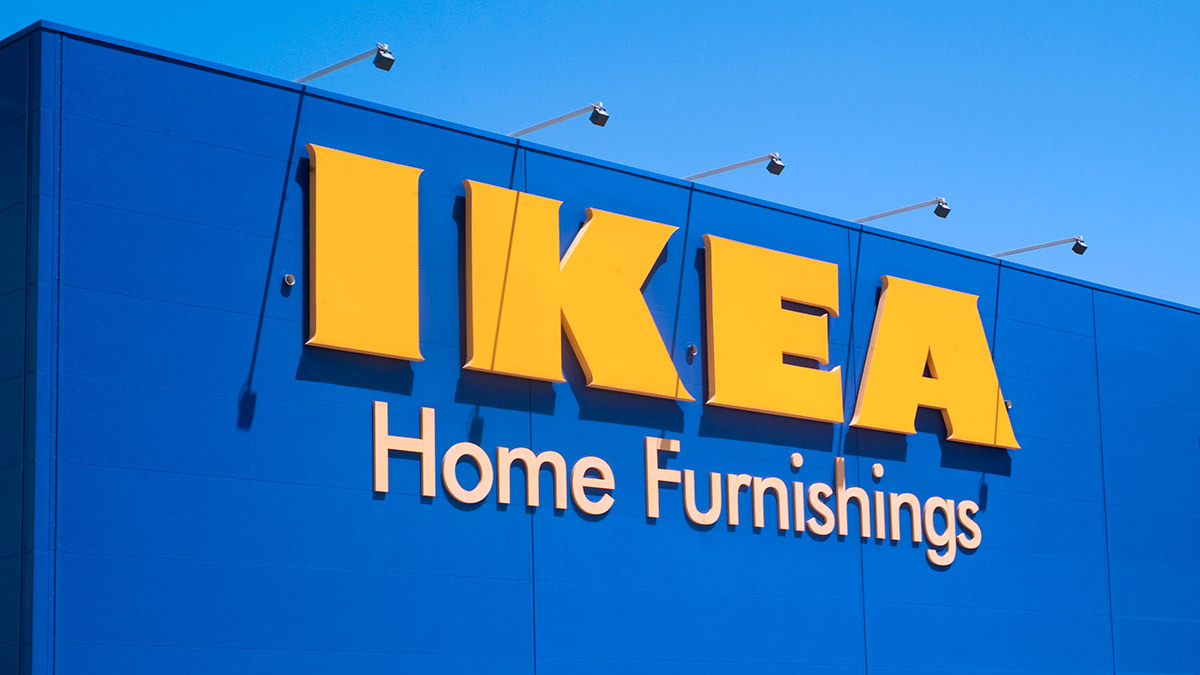Get our independent lab tests, expert reviews and honest advice.
Fears ticket scalping will surge post-lockdown as laws fail to rein in Viagogo

Need to know
- Customers are still getting ripped off with overpriced and fraudulent tickets on Viagogo
- Viagogo isn't upfront with customers about their resale business model
- Advocates call for national legislation to regulate ticket scalping
When Rose’s favourite childhood band The Cat Empire announced they’d be breaking up in September and holding a final farewell concert when Melbourne’s lockdown ended, it was an event she wasn’t going to miss.
“I thought, I definitely want to make it to this show after almost two years of lockdown in Melbourne, and one of my favourite bands is breaking up after 20 years,” she tells CHOICE.
On the morning tickets went on sale, she Google-searched the concert and found herself on the website of Viagogo. She knew tickets were selling fast, so when she saw they still had tickets available she booked four of them for her and her friends.
“The early warning sign was that the tickets were really expensive, but by that point I had already selected them and the show was almost sold out. I just thought there must have been more expensive sections to the show,” she says.
Rose had, in all likelihood, just lost $1400 to what was basically a scam
“There was a countdown clock on the site, so I just panicked and bought them. The show sold out in ten minutes, so I didn’t have time to really look into it,” she says.
Unbeknown to Rose at the time, Viagogo is not an official ticketing site, the tickets she bought were posted by a reseller, and she had, in all likelihood, just lost $1400 to what was basically a scam.
Like many who buy tickets through Viagogo, Rose has since confirmed with the concert venue that the tickets she paid for don’t actually exist. She is in the process of trying to get a refund either from Viagogo or her bank, the Commonwealth Bank, but isn’t sure if she’ll succeed.

Viagogo’s business model
In 2020, Viagogo were fined $7 million in a court case brought on by the ACCC. They’re appealing the fine and have been granted a stay order, meaning they don’t have to pay until the appeal is heard.
“Viagogo misled thousands of consumers into buying tickets at inflated prices when they created a false sense of urgency by suggesting tickets were scarce and when they advertised tickets at a lower price by not including unavoidable fees,” ACCC chair Rod Sims said at the time.
But even being fined $7 million seems to have changed little to nothing at the Switzerland-based company.
They give people the impression they are buying tickets from an authorised seller, which is quite dangerous
Dr Jess Richards, Western Sydney University School of Business
The company works off a ‘secondary ticketing’ model. Viagogo doesn’t sell tickets themselves, but provides a platform for resellers to sell tickets, in a similar way to Ebay or Gumtree. They then charge a booking fee on top of the tickets.
But Dr Jess Richards from Western Sydney University School of Business says what’s most concerning is the way the company doesn’t make its business model known to customers.
“This website is very sophisticated. They give people the impression they are buying tickets from an authorised seller, which is quite dangerous,” she tells CHOICE.
“They purchase advertising space so they appear at the top of the Google search for all kinds of concerts and sporting events.”
Many tickets sold on Viagogo don’t exist
Richards says the issue with Viagogo is not just the marked-up and overpriced ticket prices, but the validity of the tickets themselves. In many cases, like Rose’s, the tickets sold on Viagogo don’t actually exist and buyers are turned away at the door. Venues are also not obliged to honour tickets sold through resale sites.
“Secondary ticketing is a huge problem in Australia … these platforms have a guarantee that supposedly protects consumers if they are sold invalid tickets or replacement or refund tickets, [but] there have been hundreds of examples when this hasn’t been honoured,” she says.
Legislation: ‘National approach needed’
There is no federal legislation banning or regulating the practice of ticket scalping, however almost all Australian states and territories have their own legislation that deals with the practice.
Tasmania and the Northern Territory are the only two jurisdictions without legislation.
The recent AFL finals games that were played in Tasmania (due to the COVID lockdowns in other states) led to scalped tickets being sold at more than double the original sales price.
In the lead-up to the AFL Grand Final, which was played in Perth, Western Australia finally legislated its long-mooted ticket scalping laws, bringing them into line with most other states.
The recent AFL finals games in Tasmania led to scalped tickets being sold at more than double the original sales price
Most states cap the mark-up for legally reselling a ticket at 10% of the original sales price, though some jurisdictions’ laws are stronger than others.
In Victoria, where Rose bought her ticket, the legislation only applies to events designated as ‘major events’ by the state government, so didn’t apply to the concert she wanted to attend.
Richards says the time is well overdue for national legislation to bring consistency and certainty to the regulation of ticket scalping.
“We need to turn a corner and have a more uniform national regulatory scheme against the practice. Already, most of the states have these rules established, but I think a national approach would be more easily understood not just by buyers, but also sellers themselves,” she says.
States investigating, but yet to act
In many cases Viagogo appears to be skirting the edges of the law, and in some cases, may well be breaching it.
In July, New South Wales Fair Trading announced it was investigating the company after receiving at least 36 complaints since the start of the year. They told CHOICE they couldn’t provide an update while the investigation was ongoing.
In Victoria, Consumer Affairs Victoria received 334 contacts regarding event ticketing and ticket resales in the 2020–21 financial year, compared to 655 during 2019–20. Contacts include complaints and inquiries.
There are now concerns cases will spike again as NSW and Victoria exit lockdowns and live events come back
That drop-off in cases was likely due to the decrease in live events in Victoria because of COVID lockdowns, but there are now concerns cases will spike again as NSW and Victoria exit lockdowns and live events come back.
In response to a previous article written by CHOICE, Viagogo says it’s committed to complying with jurisdictional regulations.
“Viagogo is committed to complying with legislation in all markets we operate in, including NSW, and when we are notified of listings that are not compliant, we act quickly to remove them,” a spokesperson said.
“We look forward to continuing to productively engage with regulators to ensure that our website is compliant and the safe and transparent marketplace we offer continues to help customers gain access to events worldwide.”
Victims pile up
Rae Bassett is one of the administrators of a Facebook group called Victims of Viagogo, which has been helping those who have lost money to Viagogo since 2018. The group is a support network and a place for people to share experiences and tips about trying to get their money back.
“Things have been a bit quieter due to COVID, but we are still getting cases, new members joining and seeking support,” Rae tells CHOICE.
“One lady turned up and bought NRL Grand Final tickets in Queensland (in October) only to be turned away at the gate as the tickets were fake. None of the states really have a good model for protecting fans yet; even the Western Australian legislation doesn’t go far enough.”
None of the states really have a good model for protecting fans yet; even the Western Australian legislation doesn’t go far enough
Rae Bassett, Victims of Viagogo Facebook group
She said the state-based legislation assumed Viagogo wanted to do the right thing by consumers and act in good faith, but that, in her opinion, that is not their business model.
Rae says it’s a shame that state and federal governments didn’t use the down period of the last year or so to strengthen legislation in preparation for the surge of ticket-scalping issues they’re expecting when lockdowns end and live events resume.
“Only the ACCC has prosecuted. Other states have legislation, but they don’t want to follow through. No one is acting to protect the consumer,” she says.
She adds there was also a role for the sports and entertainment industries to play in terms of educating fans about the dangers of sites like Viagogo.
CHOICE supports call for national laws
Erin Turner, campaigns and communication director at CHOICE, says strong and consistent national laws were needed to deal with companies like Viagogo.
“In late 2019, the federal government ran a consultation on potential national laws that would improve ticket resale rights for consumers. Nothing has happened on this since. With the economy opening up and more people booking tickets, it’s time to revive these national laws,” she says.
In the absence of such laws she urged consumers to be careful, not clicking on ads in the Google search results, looking up who is the official ticket seller of a venue, and never buying from Viagogo.
If you’ve been caught up in ticket scalping you should contact your state’s consumer protection agency.





